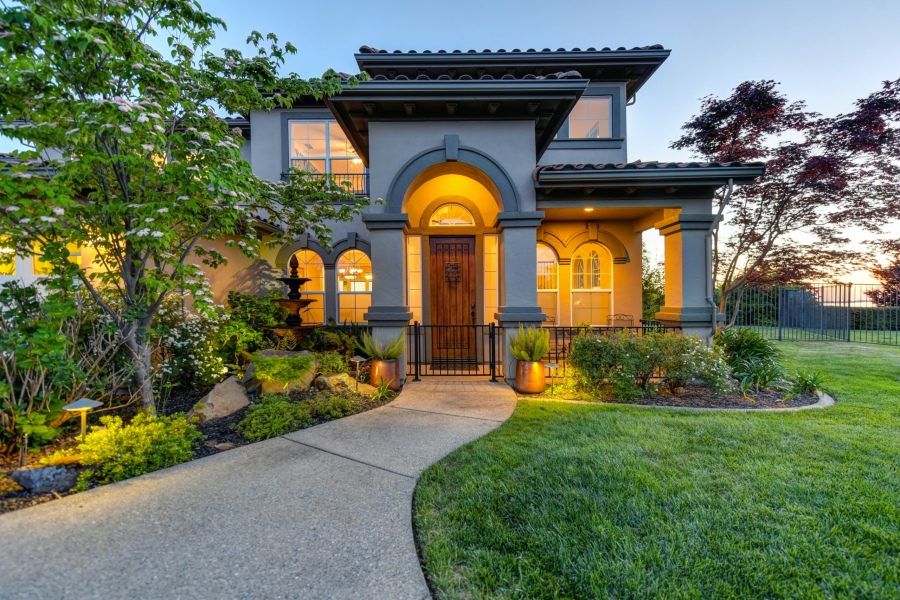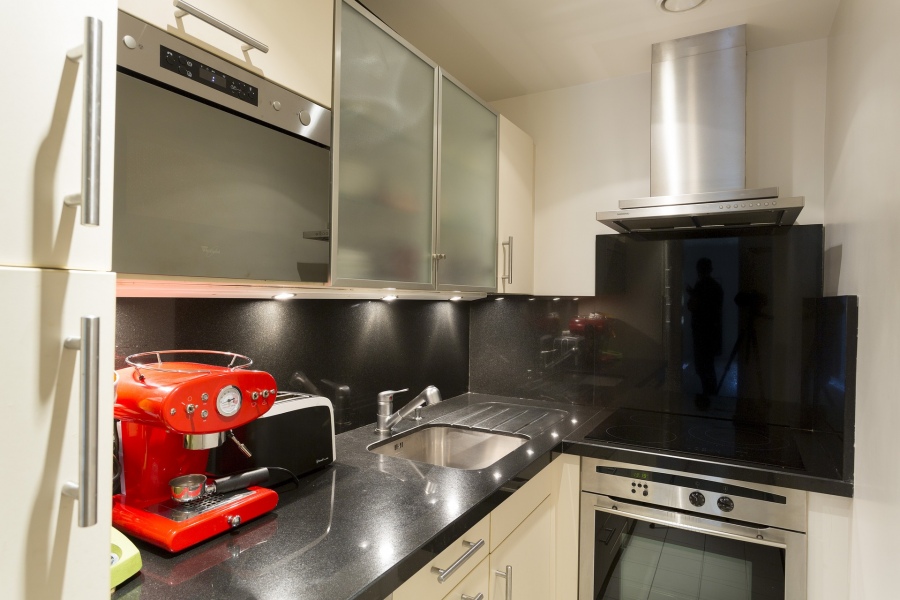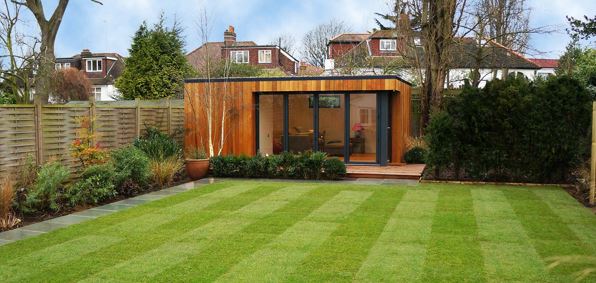If you’re on a home hunt consider staking out the neighborhood to get a feel for where you’re moving. New home buyers typically make the mistake of focusing exclusively on the house itself during their due diligence campaigns. Location plays a chief role in your home’s value. Spend a considerable amount of time learning about the neighborhood. Speak to neighbors to get a feel for the area and to see if you have a good match.
Don’t Move Your Money
Before buying a home don’t move around large sums of your money. Avoid sending out red flags to banks which could damage your credit profile. Stay away from purchasing big ticket items, don’t open too many credit card accounts and avoid building up heavy debt during this time frame. How much can you really buy before purchasing a new home anyway? Your attention and energy should be focused on saving money before your big buy. Focus on your primary goal. Get a loan without any hassles.
Survey
Hire someone to do a survey on your property. You don’t want to find yourself in an ugly border war after moving in. Know exactly what you’re buying real estate wise before you invest in your new home. Sure you may think that your property spans beyond the rose bushes but your new neighbor may have a different idea. Since you’re new to the plot hire someone to serve as an unbiased third party. Start things off on the right foot and get clear on your property lines. Remember that your property tax is determined by the amount of property that you own. It’s better to have a map drawn up versus guessing at your property dimensions when tax time comes around.
Big Doesn’t Mean Good
Although you probably want the biggest, most spectacular house in the neighborhood you may hurt yourself by going big. If you move you’ll limit your target market significantly as the size, scale and price tag will turn off many potential buyers. Add in high energy costs as well as increased maintenance and repair costs and even if you don’t buy a money pit you’ll still need to spend a small fortune in upkeep.
Since your home’s value rises in relation to the surrounding homes it’s smarter to get a pulse on the overall neighborhood versus trying to boost your home’s resale value. Buy with a neighborhood perspective in mind. Don’t limit your potential buyers. Get the most bang for your resale buck. Buy a mid-sized home in the area to make the smart choice.
Hire an Inspector
Hire a home inspector to look for potential problems before you buy a home. For only a small fee you can spot issues and decide whether or not to move forward with the purchase. Think of buying a car. Would you make such a large purchase without taking the automobile for a test spin or without looking under the hood? Be prepared. Receive a professional assessment of the home before making such a large financial investment.





